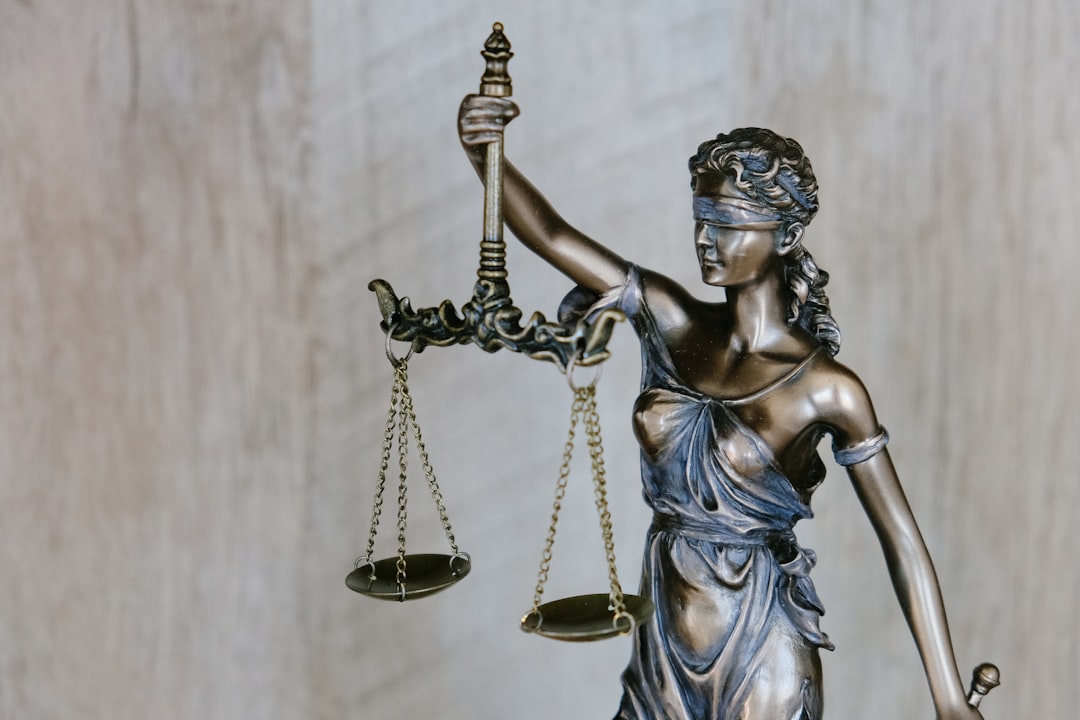In response to growing concerns over massage abuse in Rhode Island, community engagement through targeted outreach programs is crucial. Massage therapy, despite its benefits, can be exploited due to power imbalances, with reports of widespread sexual harassment and assault. A local massage abuse law firm highlights the lack of awareness among victims, impeding their ability to seek justice. Educational initiatives aim to inform both clients and service providers about their rights, safety protocols, and legal protections under Rhode Island's existing massage abuse laws. By collaborating with community leaders and spa businesses, these programs create a supportive network that empowers survivors and reduces the risk of abuse in spas across the state.
In Rhode Island, community outreach programs targeting spas play a crucial role in preventing violence against clients. This article delves into the scope of massage abuse within the state and highlights the significance of strategic outreach initiatives. We explore how spa-focused programs can educate both clients and staff, leveraging support from massage abuse law firms to combat this pressing issue. Understanding these legal implications is essential for fostering a safe and respectful environment across the state’s wellness industry.
Understanding the Scope of Massage Abuse in Rhode Island

In Rhode Island, the issue of massage abuse has gained significant attention in recent years, prompting a need for comprehensive community outreach. Massage therapy, while providing relaxation and therapeutic benefits, can unfortunately be exploited in situations of power imbalance. According to reports, instances of sexual harassment, assault, and exploitation within the spa industry are not uncommon, affecting clients across various demographics.
The state’s massage abuse law firm highlights that many victims may not recognize the severity or legality of their experiences, making them reluctant to come forward. Community outreach programs play a vital role in educating both clients and service providers about their rights and the available resources. By raising awareness, these initiatives can foster an environment where survivors feel empowered to speak up against abuse and seek justice under existing massage abuse laws in Rhode Island.
The Role of Community Outreach in Violence Prevention

Community outreach programs play a pivotal role in preventing violence against clients at spas across Rhode Island. By engaging with local communities, massage abuse law firms can raise awareness about the signs and dangers of spa-related exploitation and abuse. These initiatives educate both potential victims and service providers on recognizing and reporting suspicious activities, fostering an environment that discourages violent or abusive behavior.
Outreach efforts can take various forms, including workshops, seminars, and informational sessions held at community centers, schools, and local businesses. Through these platforms, law firms can dispel myths surrounding massage therapy and highlight the legal protections available to clients under Rhode Island’s massage abuse laws. By building strong relationships with community leaders and organizations, they can create a network of support that empowers individuals to seek help without fear of retaliation or stigma.
Targeting Spas: A Strategic Approach for Outreach Programs

Many outreach programs focused on preventing violence and abuse often overlook a critical sector: spas and massage therapy businesses. This leaves a significant gap in protection for clients who may be vulnerable to exploitation or harm, especially in cases of massage abuse law firm Rhode Island. Spas, with their focus on relaxation and wellness, can inadvertently become breeding grounds for abusive behavior if proper precautions aren’t taken.
Targeting these establishments strategically is crucial as they often serve as community hubs for relaxation and stress relief. By implementing outreach programs tailored to spa owners and staff, we can educate them on recognizing red flags, establishing safety protocols, and empowering them to protect their clients. This strategic approach ensures that the unique dynamics of spas are considered, fostering a safer environment and potentially reducing instances of massage abuse law firm Rhode Island.
Educating Clients and Staff: Key Components of a Successful Program

Educating clients and staff is a cornerstone of any successful community outreach program aimed at preventing violence against spa clients in Rhode Island. Many cases of massage abuse go unreported due to client fear, shame, or lack of awareness about their rights. Implementing workshops, seminars, and training sessions can equip individuals with the knowledge to recognize and report suspicious activities, create safer environments, and foster a culture of consent and respect.
Spa staff plays a vital role in this process. They are often the first point of contact for clients and can identify potential red flags. Training should cover topics like identifying signs of non-consensual touch, understanding local massage abuse laws, and establishing clear protocols for handling sensitive situations. By empowering both clients and staff, these educational initiatives contribute to a more secure atmosphere across Rhode Island’s spa industry, ensuring that everyone involved understands their rights and responsibilities.
Legal Implications and Support from Massage Abuse Law Firms

The legal implications of preventing violence against spa clients are significant, as many cases may involve complex issues of consent, personal boundaries, and professional ethics. In Rhode Island, where the wellness industry is thriving, spas have a responsibility to ensure safe practices. This includes implementing robust community outreach programs that educate both staff and clients about identifying and reporting potential abuse. Massage abuse law firms in Rhode Island play a crucial role in supporting spas during these initiatives. They provide legal guidance on policy creation, helping establishments stay compliant with regulations while also offering assistance in handling sensitive cases discreetly and effectively.
These law firms contribute to fostering a culture of awareness and accountability. By collaborating with local communities, they help to identify at-risk individuals and offer support through counseling services and legal aid. This collaborative approach not only addresses the immediate concerns but also works towards long-term prevention by breaking down barriers between victims and justice.






